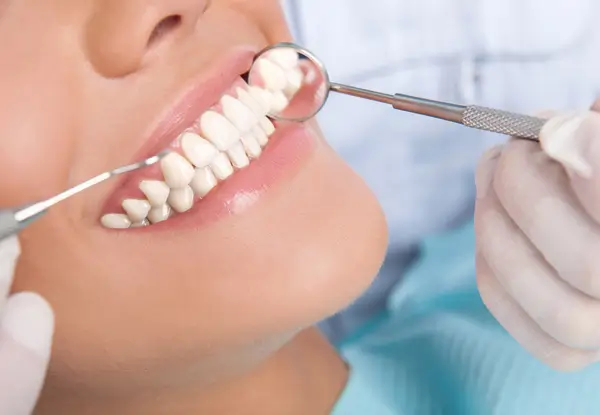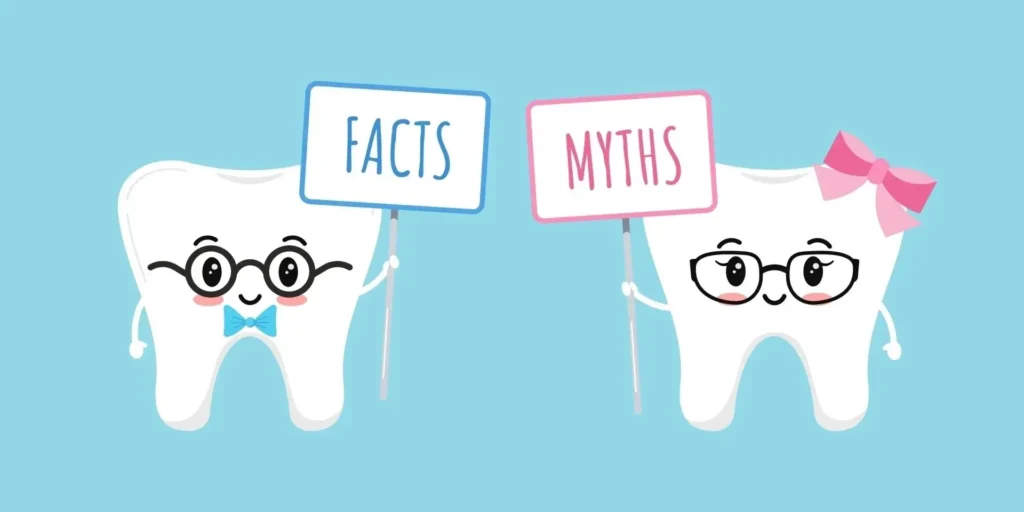A bright, white smile has become one of the most desired aspects of modern beauty. Whether for a special event or simply to feel more confident in daily life, people across all ages are looking for ways to achieve whiter teeth. But with so many products and treatments available today, how do you choose the right one?
In this article, we’ll explore the science and strategy behind professional teeth whitening, uncover the best options for teeth whitening for sensitive teeth, and guide you through safe teeth bleaching methods that deliver visible, lasting results without damaging your enamel.
What Is Professional Teeth Whitening?
Professional teeth whitening is a cosmetic dental procedure performed under the supervision of a dentist, using high-concentration bleaching agents such as hydrogen peroxide or carbamide peroxide. These treatments are significantly more powerful and effective than over-the-counter whitening kits or toothpaste.
There are typically two main types of professional whitening:
- In-office whitening: Done at the dental clinic, results are usually noticeable after a single session.
- Take-home whitening kits: Custom trays and gels prescribed by your dentist to use at home over a series of days or weeks.
The biggest advantages of professional treatments are safety, precision, and results that can be up to 8–10 shades lighter than your original color read more.

Why Over-the-Counter Whitening Isn’t Always the Best Choice
Many people are drawn to DIY whitening kits because of convenience and lower cost. However, these products often contain lower concentrations of active ingredients and may not fit your specific dental needs.
Overuse or misuse of OTC products can lead to:
- Tooth sensitivity
- Gum irritation
- Uneven whitening
- Enamel erosion
If you’re looking for long-lasting and safe results, professional teeth whitening under a dentist’s supervision is the smarter and healthier choice.
Teeth Whitening for Sensitive Teeth: What You Should Know
Sensitivity is one of the most common concerns when it comes to whitening. People with naturally sensitive teeth or those who’ve had gum recession, cavities, or worn enamel may experience discomfort during or after bleaching treatments.
But don’t worry—teeth whitening for sensitive teeth is absolutely possible with the right approach.
Dentists now offer special formulations that reduce sensitivity, including:
- Lower concentration whitening gels
- Desensitizing agents like potassium nitrate or fluoride
- Shorter treatment times
- Pre-treatment with remineralizing pastes
Before starting any whitening treatment, your dentist will evaluate your teeth to ensure you receive the safest and most effective method for your specific case.
Safe Teeth Bleaching Methods That Actually Work
If you’re considering whitening, the safety of your teeth and gums should always come first. Safe teeth bleaching methods involve using dentist-approved products and ensuring proper application, timing, and follow-up care.
Here are the safest options:
1. In-Office Laser Whitening
This involves applying a peroxide-based gel to the teeth and activating it with a laser or light. It’s fast, effective, and performed entirely by professionals.
2. Custom Tray Whitening
Take-home kits with trays molded to fit your teeth ensure even distribution of the gel and reduce risk of gum irritation.
3. Non-Peroxide Whitening (for extremely sensitive teeth)
These use alternative whitening agents like PAP (Phthalimidoperoxycaproic acid) which whiten teeth without harsh chemicals, though results may take longer.
Avoid “hacks” like lemon juice or baking soda, which can seriously damage enamel. When in doubt, always consult a dental professional before starting any whitening regimen.
How Long Do Whitening Results Last?
The longevity of your whitening results depends on your lifestyle and how well you maintain your oral hygiene. On average, professional whitening can last anywhere from 6 months to 2 years.
To extend the results:
- Avoid staining foods and drinks like coffee, tea, red wine, and berries
- Quit smoking or using tobacco
- Rinse your mouth with water after meals
- Use a straw when drinking colored beverages
- Brush with whitening toothpaste (as advised by your dentist)
Periodic touch-up treatments—either in-office or with take-home kits—can help keep your smile bright and even read more.
Myths About Teeth Whitening Debunked

With all the online advice floating around, it’s easy to get confused. Let’s bust some of the most common whitening myths:
- “Whitening ruins your enamel.”
False. When done properly using safe teeth bleaching methods, enamel remains intact and healthy. - “Whitening works on all teeth.”
Not true. Crowns, veneers, and fillings do not respond to bleaching. Your dentist will help you plan around this. - “The more you whiten, the better the result.”
Over-whitening can actually lead to transparency and sensitivity. Always follow a dentist-approved schedule. - “Natural remedies are better.”
Lemon juice and charcoal can strip enamel and cause permanent damage. Stick with dentist-recommended options.
Who Should Avoid Whitening?
Although most people are candidates for professional teeth whitening, there are certain groups who should avoid it or delay treatment:
- Pregnant or breastfeeding women
- Children under the age of 14
- People with untreated cavities or gum disease
- Individuals with extremely sensitive teeth or allergies to bleaching agents
A dental evaluation before whitening will help identify any risks and guide you toward safe alternatives if needed.
Boosting Confidence Through a Whiter Smile
It’s not just about aesthetics. A whiter smile can significantly boost your self-esteem, especially in professional, social, or romantic settings. Studies have shown that people with whiter teeth are often perceived as healthier, more attractive, and even more successful.
Professional teeth whitening is one of the simplest ways to enhance your appearance with minimal effort and maximum impact.
Aftercare Tips to Maintain Your Results
Once you’ve achieved your ideal shade, post-whitening care is crucial to preserving your results. Here’s what dentists recommend:
- Avoid dark foods/beverages for 48 hours after treatment
- Use a soft-bristled toothbrush and gentle, fluoride-rich toothpaste
- Stay consistent with dental checkups and hygiene cleanings
- Ask your dentist about occasional touch-ups using custom trays
You’ve invested in your smile—take care of it like you would any other cosmetic treatment.
Final Thoughts: The Safe Way to a Brighter Smile
Your smile is one of your most powerful assets. And thanks to modern dentistry, achieving that radiant, confident smile has never been safer or easier. From in-office treatments to at-home trays, professional teeth whitening is both effective and adaptable to your lifestyle.
Whether you’re dealing with teeth whitening for sensitive teeth or just want to learn about safe teeth bleaching methods, trust your dental team to guide you toward a solution that fits your goals—without compromising your health.
A brighter, healthier smile is just a consultation away.
